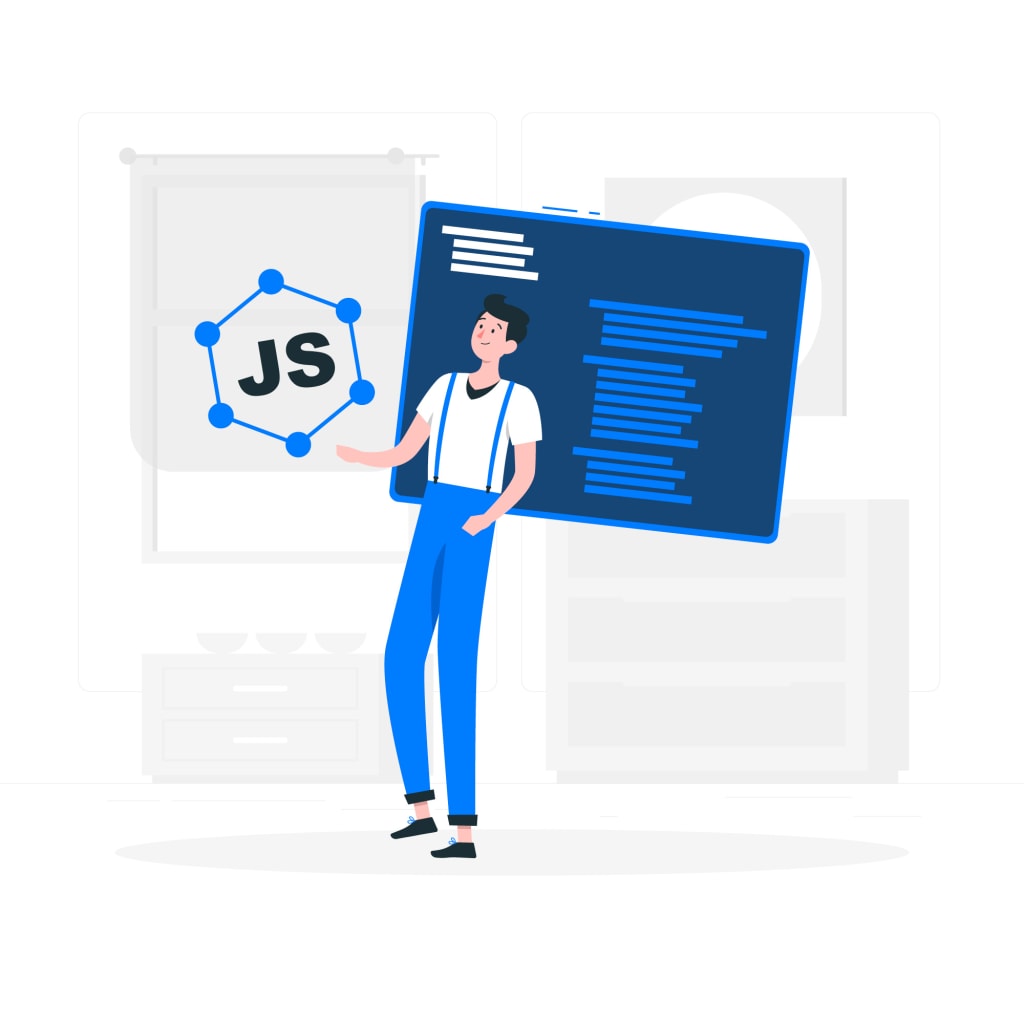Django - Unleashing Web Development's Power
Django- New King Of Programming Languages

Django - Unleashing Web Development's Power
Introduction: Django stands out as a strong and adaptable web framework in the large field of web development. Django has transformed how web application developers create online marketplace or websites because to its powerful capabilities and sophisticated design. We will examine the main benefits and features of Django in this article, highlighting why it is a top option for developers all around the world.
What exactly is Django?
A high-level Python web framework known as Django uses the model-view-controller (MVC) design principle. It offers a platform for quickly, effectively, and securely creating online applications. The "batteries included" philosophy of Django is well-known for providing a variety of built-in tools and functions.
2. Swift Development: Django's capacity to expedite development is one of its key advantages.
creation procedure. Developers may create reliable web apps in a fraction of the time it would take to do so using other frameworks thanks to its easy syntax and vast resources. Through the provision of a pre-made interface for handling application data, Django's automatic admin interface greatly accelerates the development process.
3. ORM and Database Support: Django's ORM layer abstracts database administration, enabling developers to interface with the database using Python objects. This ensures platform independence and streamlines database operations. Numerous databases, including well-liked options like PostgreSQL, MySQL, and SQLite, are supported by Django.
4. URL Routing and View Management: Django's URL routing system is adaptable and strong, making it possible for developers to easily map URLs to certain views. Python routines called views take care of the logic for processing and rendering templates user demands. Clean and maintainable code is ensured by this separation of concerns.
5. Template Engine: The dynamic web page design and rendering process is made simpler by Django's robust template engine. Developers can easily incorporate Python code into the templates because they are written in HTML with incorporated Django template language elements. This division of appearance and logic encourages the reuse and maintainability of the code.
6. Authentication and Security: Django excels in this area, which is a major priority in web development. It comes with built-in user authentication capabilities like password hashing, user sessions, and permissions administration. Additionally, Django offers defence against widespread security flaws like cross-site scripting (XSS) and cross-site request forgery (CSRF) attacks.
7. Scalability and Versatility: Django is highly versatile and scalable appropriate for any size job. Django can handle the workload whether you're developing a modest blog or a huge business application. The broad ecosystem of third-party packages and its modular design give developers the resources they need to scale their applications successfully.
8. Community and documentation: Django has a thriving and active developer community that helps it evolve and improve. Developers may more easily learn about and use Django's features thanks to the community's comprehensive documentation, tutorials, and assistance.
Latest updates
Here are some noteworthy Django framework upgrades and trends:
Django 3.2: Django 3.2, which was made available in April 2021, is the most recent long-term support (LTS) version. It adds a number of new features, such as updated management commands, improved PostgreSQL and MariaDB support, and asynchronous view support.
Developers can create real-time apps with Django by using the extension Django Channels. WebSockets and other protocols are used to provide bidirectional communication between the server and clients. The creation of chat applications, real-time dashboards, and collaboration tools has made Django Channels popular.
Django REST Framework (DRF) is still a popular option for developing APIs with Django. By offering a strong collection of tools and features, such as Request management, serialisation, and authentication.
Django GraphQL: GraphQL is becoming more popular as a substitute for RESTful APIs. For creating GraphQL APIs, Django offers a number of tools and integrations, including Graphene and Graphene-Django, which allow for seamless GraphQL and Django models and queries integration.
Updates and improvements to the Django Admin interface have improved its usability and customization possibilities. The Django Admin has been more adaptable and user-friendly thanks to features like the ability to create custom actions, better filtering, and an improved interface.
Django Security Updates: To fix any security flaws, the Django security team regularly publishes updates and patches. The security of your Django apps depends on you maintaining the most recent Django version.
Versions of Python: Django keeps going to support and adjusts to the most recent Python releases. Django is compatible with Python 3.6 and above as of the knowledge cutoff date, with Python 3.9 being the suggested version.
Why Django differs from other web frameworks?
Batteries-Included Approach: Django adopts a "batteries included" mentality and ships with a full complement of tools and features. An ORM, an admin interface, form management, authentication, and other functionality are among those that are already included. By eliminating the need for developers to create everything from scratch or extensively rely on third-party libraries, this method saves them time and effort.
High-Level and Productivity-Focused: Django provides a high-level abstraction that frees developers from dealing with low-level implementation concerns so they can concentrate on creating web applications. The thorough documentation and its clean and expressive syntax encourage quick development and readable code. This productivity-focused strategy is advantageous, particularly for developers working on challenging projects or under time constraints.
Scalability and Performance: The architecture and design concepts of Django make it possible for programmers to create applications that are both scalable and fast. It offers effective caching systems, query optimization methods, and assistance with database connection pooling. Django is a good choice for applications with high user loads because of its capacity to handle high traffic and massive datasets.
Security: Django takes security very seriously because it is a crucial component of web development. The framework has built-in defenses against typical online vulnerabilities like SQL injection attacks, cross-site scripting (XSS), and cross-site request forgery (CSRF). Additionally, Django by default promotes secure coding techniques like parameterized queries and password hashing.
In conclusion, Django has become a leader in the field of online development, enabling programmers to easily build reliable, scalable, and secure web applications. It is a top choice for developers all across the world thanks to its user-friendly design, comprehensive feature set, and thriving community. By utilizing Django's strengths, developers may realize their full potential and create outstanding online apps that promote success.





Comments
There are no comments for this story
Be the first to respond and start the conversation.